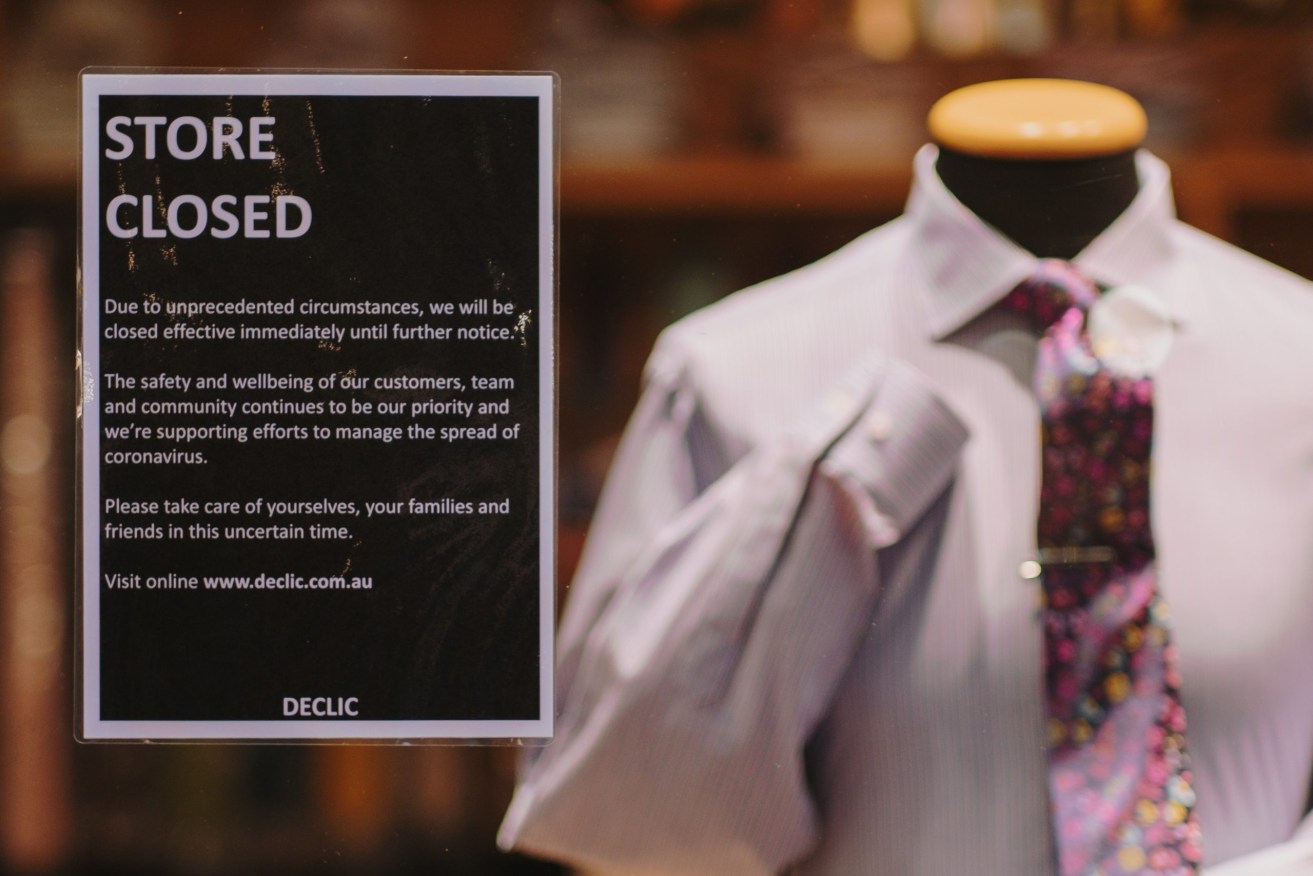Economy reeling from Omicron’s $1.2 billion a week hit
Businesses have started calling for help as Covid restrictions were found to be costing the Queensland economy $1.2 billion a week


Image: Kate Trifo/Unpslash
The Chamber of Commerce and Industry Queensland said business needed free rapid antigen tests, an expansion of essential industries and financial support for businesses forced to close because of health restrictions.
Its modelling found the cost to business was about $180 million a day. The weekly total of $1.2 billion was higher than estimates made during the lockdowns of about $1 billion a week.
Businesses have struggled since the end of the JobKeeper subsidy last year but trading became even harder when the more contagious Omicron variant hit just as Queensland’s borders were reopened.
The combination of those two events along with isolation rules has devastated the workforce and the Commonwealth Bank this week estimated about 1 million Australians were currently in isolation which was having a severe impact on business.
The Brisbane City Council has already announced a cut in fees, rents and charges to business costing about $5 million, which the Labor opposition said it had been demanding for six months.
While the CCIQ welcomed the council’s intervention, it said the bigger problems were supply chain constraints and staffing which were impacting the ability to trade.
It said one if five businesses were severely constrained from normal operations and overall 85 per cent had been impacted in some way.
The list of industries impacted is wide but staff shortages were worst in transport, postage and storage, tourism, construction, administration and arts and recreation.
Supply chain issues had hit construction, utilities, wholesale, healthcare and social assistance and retail.
ACTU secretary Sally McManus said aged care providers and unions were calling for the Army to be deployed to assist in aged care facilities because the situation was dire.
Technology entrepreneur Bevan Slattery today called out the Border Force for holding up the delivery of RATs for his staff because of concerns that the tests might be resold for a profit.
“It’s unconscionable to punish businesses further.”
CCIQ policy and advocacy general manager Amanda Rohan said business was calling for commitment and certainty on the three areas of RAT supply, the essential services expansion and financial support.
She said business had its first real chance to re-open after two years of restrictions, lockdowns and uncertainty but they needed further support and clarity if they were to be able to remain open.
“Business need access to freely and widely available RATs to help them and their staff get back to work quicker, plan for workforce shortages and ongoing recovery,” Rohan said.
“It’s equally important the list of essential industries continues to be consistently reviewed to enable businesses to self-assess their risk profile and to ensure employees are able to get back to work as soon as safe and practicable.”












